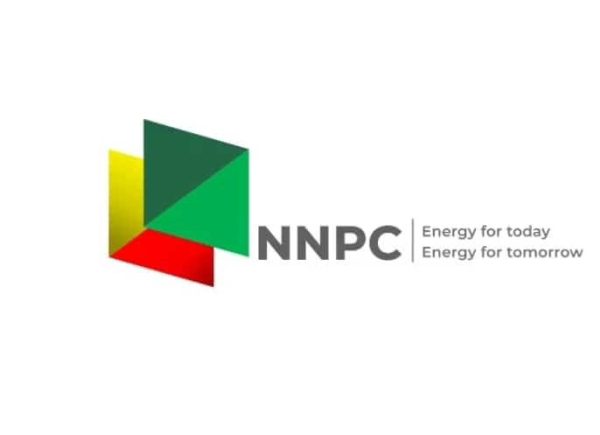The Independent Petroleum Marketers Association of Nigeria (IPMAN) is calling on the Nigerian National Petroleum Company Limited (NNPC) to settle outstanding debts related to the now-defunct Petroleum Equalisation Fund (PEF) and to release petroleum products that marketers have already paid for. IPMAN’s Publicity Secretary, Chinedu Ukadike, acknowledged the NNPC’s recent financial success but stressed the urgency of addressing these outstanding financial obligations, estimated at N25 billion, down from N40 billion. These funds represent unpaid reimbursements for marketers’ costs incurred under the previous fuel subsidy regime. Ukadike emphasized that settling these debts would enable independent marketers to compete effectively in the newly deregulated market and contribute to ensuring a stable fuel supply. He also requested the NNPC to address the issue of “tied-down” loading tickets, which represent paid-for but undelivered fuel products, hindering marketers’ operations.
The PEF, formerly managed by the Petroleum Equalisation Fund Management Board (PEFMB), was designed to compensate marketers for losses incurred by selling petroleum products at uniform prices nationwide. This mechanism was a form of subsidy aimed at ensuring consistent fuel prices across the country. Following President Bola Tinubu’s announcement of the end of the fuel subsidy regime, the PEF was dissolved in accordance with the Petroleum Industry Act (PIA). While meetings were held to reconcile accounts and settle outstanding debts, IPMAN maintains that a significant sum remains unpaid. The Nigerian Midstream and Downstream Petroleum Regulatory Authority (NMDPRA), formed in 2021, absorbed the functions of the PEFMB, along with the Petroleum Products Pricing Regulatory Agency (PPPRA) and the midstream and downstream divisions of the Department of Petroleum Resources (DPR).
Despite recognizing the NNPC’s recent financial achievements, IPMAN insists on the prompt resolution of these outstanding payments. Ukadike expressed confidence in the new NNPC management’s ability to address the debt, particularly within the context of the deregulated market. He urged the NNPC Group Chief Executive Officer, Bayo Ojulari, to expedite the release of paid-for petroleum products and to prioritize the settlement of the outstanding PEF reimbursements. This, he argues, will not only provide financial relief to the marketers but will also empower them to participate fully in the deregulated market, thereby bolstering fuel supply security.
Ukadike highlighted the progress made in the petroleum sector since deregulation, noting the elimination of fuel scarcity. He attributed this positive development to increased market participation and improved distribution. He acknowledged the ongoing price fluctuations, characterizing them as a natural consequence of market liberalization, driven by the forces of supply and demand. This shift, he explained, empowers consumers with greater choice and access to petroleum products. However, the “price war” resulting from this deregulation represents a significant challenge for marketers navigating the evolving landscape of the petroleum industry.
While IPMAN could not specify the exact number of outstanding loading tickets, Ukadike confirmed that a substantial number are pending, representing a considerable volume of paid-for fuel awaiting delivery. He reiterated the need for the NNPC to address this issue promptly to enable marketers to fulfill their supply obligations. Furthermore, Ukadike suggested a comprehensive compilation and settlement of all bridging claims as a strategic measure to streamline fuel distribution and enhance energy security. Bridging claims, like the PEF payments, are another form of cost recovery for marketers related to the transportation of petroleum products across the country to maintain uniform pricing.
In summary, while commending the NNPC’s progress, IPMAN is pressing for the timely resolution of outstanding financial obligations, including PEF reimbursements and payment for undelivered fuel. These actions, they argue, are crucial for fostering a competitive market, ensuring a stable fuel supply, and empowering independent marketers to contribute effectively to the nation’s energy security within the context of a newly deregulated petroleum industry. The association’s calls for action underscore the ongoing challenges faced by marketers in adapting to the dynamic market environment and highlight the importance of clear communication and cooperation between industry stakeholders and regulatory bodies. An NNPC official, contacted for comment, has acknowledged the issue and committed to investigating the matter further.


